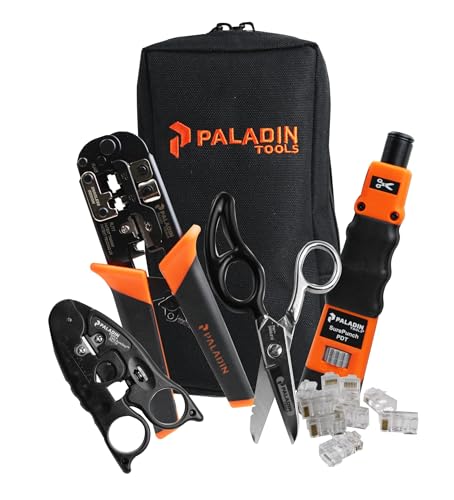At an ASME meeting last night, I had several students ask me if they should get their masters or try to wing it with a BS.
I told them that when I graduated in 2005 the BS was enough and your would build on to that with just plain experience in the field (or office). Today's economy though and job fields are starting to require students to look at what will be needed in the next 5-10 years, not whats needed right now.
We discussed that there are not a whole lot of petro engineers out there and most of the time schools don't offer it as undergrad, so you could potentially get it as a MS. The petro industry (and most of the actually) are full of baby boomers that will be retiring soon and that we need to be able to fill the void. Companies are already looking for those people, but they are finding that there is a severe lack of qualified people/students that can even start to fill the spot of a 30 year engineer/trades guy that knows the refinery like the back of his hand and knows just what to do when pressures rise in a column for not apparent reason.
As we talked, I mentioned that most of the knowledge you need cannot be taught in the classroom. Most of your functional, marketable knowledge comes from actually working. If you get a MS, then a PhD, you can sometimes "over qualify" yourself for jobs. Some students were juniors and never had an internship. I told them that I got away with that when I was in school, but today you HAVE to get at least 1. Preferably you need to try your Freshman year and keep going after that. Co-ops help too. There is just a serious vacuum of knowledge in most engineers today (and I am no golden rule here, I am lacking too).





















